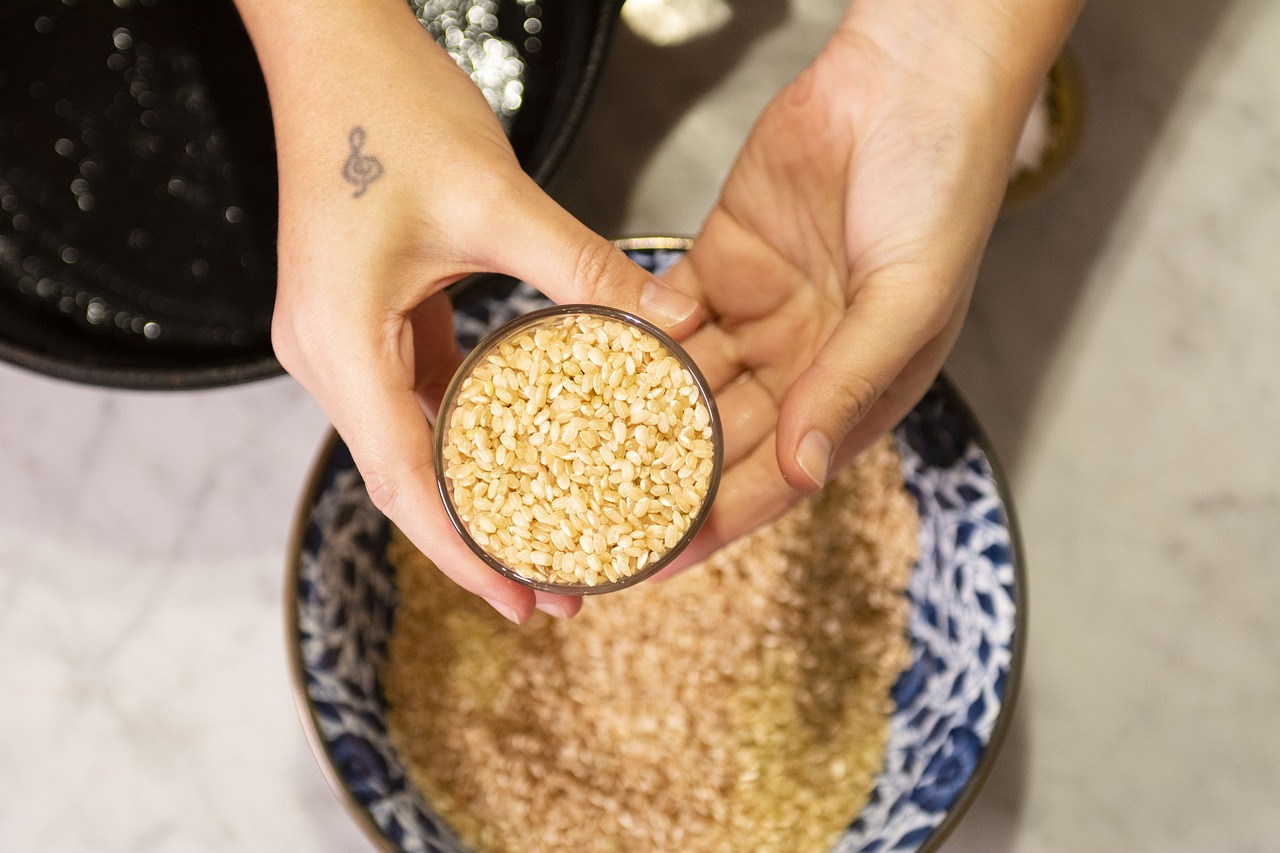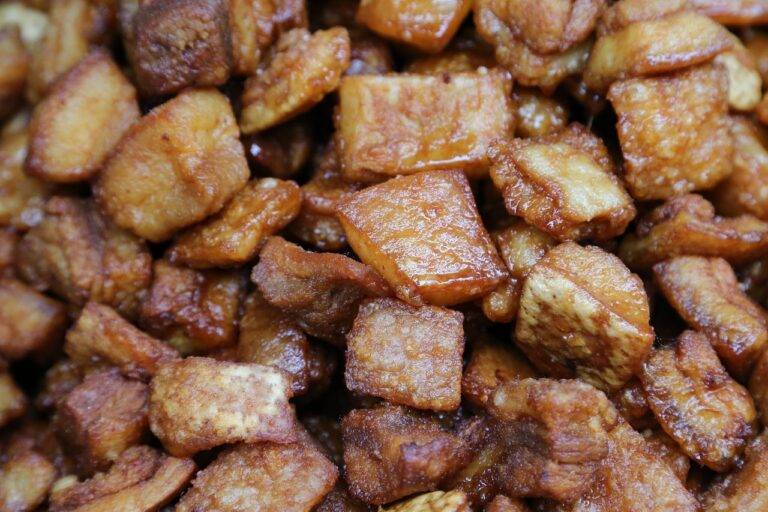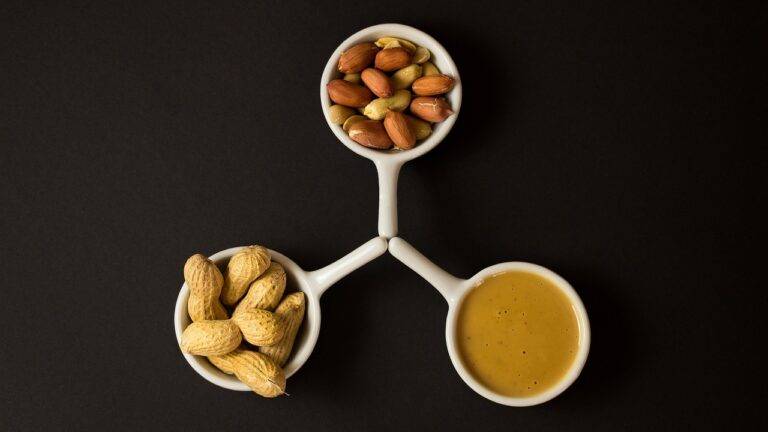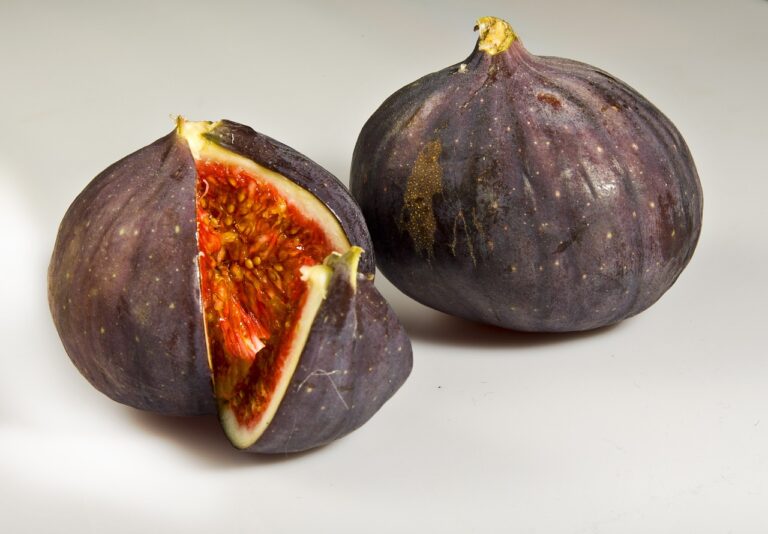Analyzing the Impact of Urbanization on Nut and Seed Crop Production: Gold bet, Tiger exch login, Betbook250
gold bet, tiger exch login, betbook250: Urbanization is a global phenomenon that continues to impact various aspects of our lives, including food production. As more and more people move to cities in search of better opportunities, the agricultural landscape is also evolving to meet the changing demands of urban populations. One area that is particularly affected by urbanization is nut and seed crop production.
In this article, we will delve into the impact of urbanization on nut and seed crop production, exploring the challenges and opportunities that arise as a result of this trend. From changes in land use patterns to advancements in technology, urbanization has far-reaching effects on the agricultural sector, and nut and seed crops are no exception.
Changes in Land Use Patterns
One of the most significant impacts of urbanization on nut and seed crop production is the conversion of agricultural land into urban areas. As cities expand, farmland is often swallowed up by residential and commercial developments, leading to a reduction in the available land for growing crops. This can lead to a decrease in nut and seed crop production, as farmers struggle to find suitable land to cultivate these crops.
Additionally, the proximity of urban areas to agricultural land can also pose challenges for farmers. Urban encroachment can lead to increased pressure on farmers to comply with strict zoning regulations, limiting their ability to expand or diversify their operations. This can have a negative impact on nut and seed crop production, as farmers are forced to adapt to changing land use patterns.
Advancements in Technology
On the other hand, urbanization also brings with it advancements in technology that can benefit nut and seed crop production. From precision farming techniques to the use of drones and satellite imagery, technology is revolutionizing the way crops are grown and harvested. Farmers can now monitor their crops in real-time, optimize irrigation practices, and improve soil health with the help of cutting-edge technology.
Moreover, urbanization has led to the development of vertical farming and rooftop gardens, which provide opportunities for growing nut and seed crops in urban areas. These innovative farming methods allow farmers to maximize limited space and reduce the environmental impact of agriculture. By harnessing the power of technology, farmers can overcome the challenges posed by urbanization and continue to produce high-quality nut and seed crops.
Market Opportunities
As urban populations grow, so too does the demand for nut and seed crops. Nuts and seeds are essential ingredients in a wide range of food products, from snacks and baked goods to cooking oils and cosmetics. The increasing consumer awareness of the health benefits of nuts and seeds has led to a surge in demand for these crops, creating new market opportunities for farmers.
Urbanization has also given rise to the concept of urban agriculture, where farmers grow crops in or near cities to supply local markets. This trend presents a unique opportunity for nut and seed crop producers to connect directly with consumers and establish a loyal customer base. By tapping into the growing market for locally grown and sustainable food products, farmers can thrive in an urbanizing world.
Environmental Challenges
However, urbanization also brings environmental challenges that can impact nut and seed crop production. The increasing use of chemicals and fertilizers in urban areas can lead to pollution of water sources, soil degradation, and loss of biodiversity. These environmental issues can have a direct impact on crop yields and quality, affecting the overall sustainability of nut and seed crop production.
Additionally, urbanization often results in the fragmentation of natural habitats, leading to a decline in pollinator populations essential for the pollination of nut and seed crops. Without adequate pollination, crop yields can suffer, jeopardizing the livelihoods of farmers. It is crucial for policymakers and farmers to work together to address these environmental challenges and ensure the long-term viability of nut and seed crop production in a rapidly urbanizing world.
Conclusion
In conclusion, urbanization has both positive and negative impacts on nut and seed crop production. While challenges such as land use changes and environmental issues pose significant hurdles for farmers, advancements in technology and market opportunities present new possibilities for growth and innovation. By adopting sustainable farming practices, harnessing the power of technology, and tapping into urban markets, farmers can thrive in a rapidly urbanizing world and continue to produce high-quality nut and seed crops for generations to come.
FAQs
Q: How can farmers adapt to the challenges posed by urbanization?
A: Farmers can adapt to urbanization by embracing sustainable farming practices, utilizing technology to optimize crop production, and diversifying their operations to meet changing market demands.
Q: What role can policymakers play in supporting nut and seed crop production in urban areas?
A: Policymakers can support nut and seed crop production by implementing policies that protect farmland from urban encroachment, incentivizing sustainable farming practices, and promoting local food systems.
Q: How can consumers contribute to the sustainability of nut and seed crop production?
A: Consumers can support sustainable nut and seed crop production by choosing locally grown and organic products, reducing food waste, and advocating for policies that promote sustainable agriculture.







